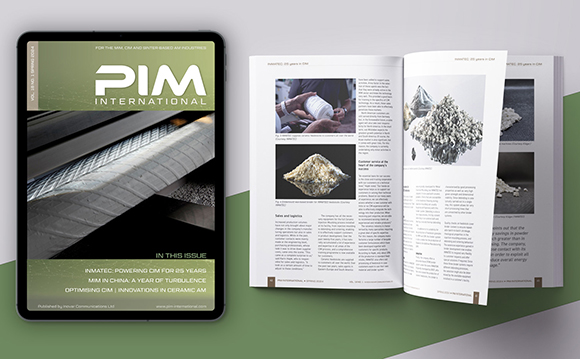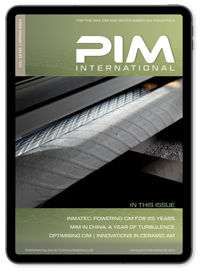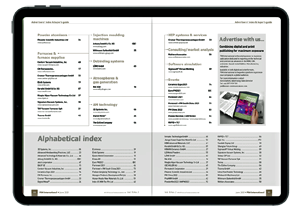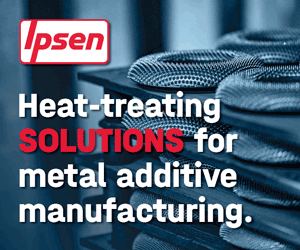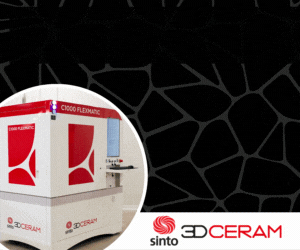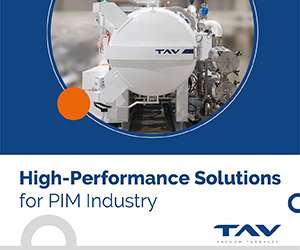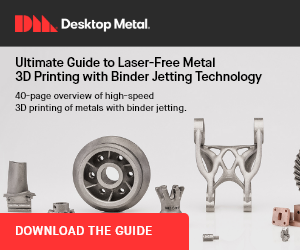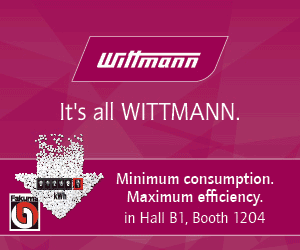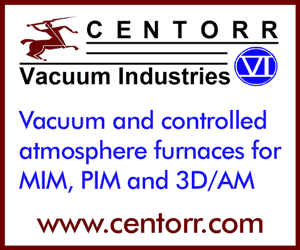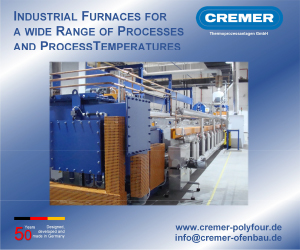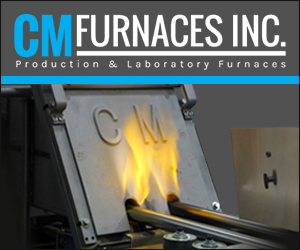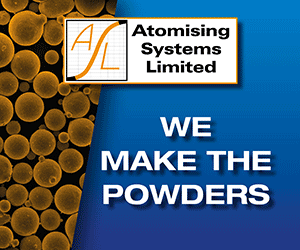Carbolite Gero’s MIM and AM seminar addresses challenges of heat treatment
August 20, 2018
On July 13, 2018, furnace specialist Carbolite Gero organised a one-day seminar on Metal Injection Moulding in Neuhausen, Germany. The seminar was targeted at component manufacturers with experience in MIM and Additive Manufacturing (AM) who have an interest in new processing opportunities. The organisers stated that a combination of technical presentations on the subject of MIM and AM, plus additional presentations from various interdisciplinary manufacturing areas, provided participants with new ideas for process optimisation.
Both MIM and AM are growing markets with excellent future prospects and Carbolite Gero stated that both manufacturing processes have a clearly interdisciplinary orientation, ranging from powder production through preparation and shaping to post-treatment. As such, the seminar successfully contributed to promoting interdisciplinary exchange in this field.
Prof. Dr. Carlo Burkhardt, Director of the Institute for Strategic Technology and Precious Metals at Pforzheim University, Germany, reviewed the MIM and AM processes and outlined existing challenges in these areas. Gerhard Raatz, Retsch Technology, Haan, Germany, considered the possibilities of particle size and shape analysis of metal powders using Dynamic Image Analysis. In a presentation on chemical analysis, Mike Lucka explained how to determine the carbon content in finished MIM parts with analysers from Eltra GmbH, Haan. Elisa Götze, from Karlsruhe Institute of Technology (KIT), then offered insight into research activities in the field of ceramic AM at the wbk Institute for Production Technology.
For debinding and sintering processes, Carbolite Gero believes that it is essential to create optimum gas paths to ensure uniform temperature distribution. It is for this reason that simulations have to be performed ‘to make the invisible visible’ and improve on details which cannot be seen. Carbolite Gero has therefore worked in close cooperation with the University of Pforzheim and Merkle & Partner GbR, Heidenheim, Germany, to improve debinding and sintering furnaces through computer simulations. The basics and potential of simulations were presented by Nelson Brito, University of Pforzheim, and Dr Christian Mielke, Merkle & Partner GbR. Finally, Carbolite Gero introduced its entire product portfolio for PIM and Additive Manufacturing. This includes facilities for catalytic (EBO) and thermal (GLO) debinding, metallic furnaces for debinding and sintering up to 1450°C (PDS, HTK) and facilities for stress relief heat treatment up to 800°C (GPCMA).




